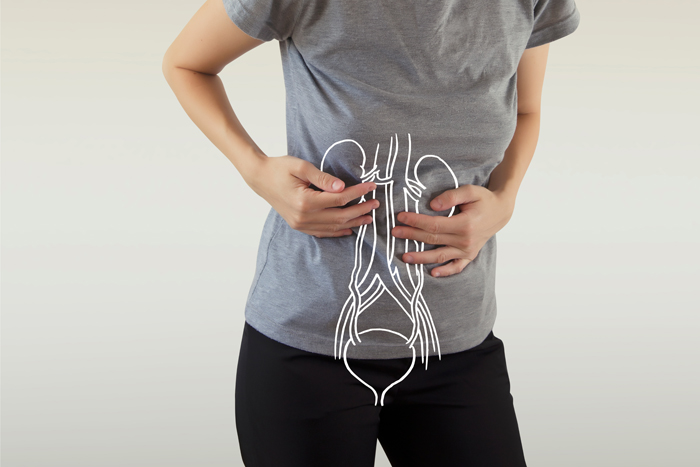Seeing a urologist is crucial for addressing a wide range of urinary and reproductive health concerns in both men and women. Here’s a comprehensive overview of when you should consider consulting a urologist:
Symptoms and Conditions Requiring Urological Evaluation
- Urinary Tract Infections (UTIs):
- Recurrent UTIs or infections that don’t respond to treatment may indicate underlying issues like kidney stones, anatomical abnormalities, or bladder dysfunction.
2. Blood in Urine (Hematuria):
- Visible blood in urine or microscopic hematuria detected in a urine test requires investigation to rule out serious conditions like kidney stones, urinary tract tumors, or infections.
3. Kidney Stones:
- Severe pain in the back or side, accompanied by nausea and blood in urine, often indicates kidney stones. A urologist can diagnose and provide treatment options to manage stones and prevent recurrence.
4. Prostate Issues:
- Men over 50 should consider seeing a urologist for prostate health assessments, including PSA (Prostate-Specific Antigen) testing and digital rectal exams to screen for prostate cancer or benign prostatic hyperplasia (BPH).
5. Erectile Dysfunction (ED):
- Difficulty achieving or maintaining an erection may stem from physical or psychological factors. A urologist can assess the underlying cause and recommend appropriate treatments.
6. Male and Female Incontinence:
- Leakage of urine due to stress, urge, or overflow incontinence should be evaluated by a urologist to identify contributing factors such as pelvic floor dysfunction, nerve damage, or anatomical issues.
7. Infertility:
- Couples experiencing difficulty conceiving may benefit from urological evaluations for men to assess sperm quality and reproductive health issues.
8. Overactive Bladder or Urinary Urgency:
- Frequent and sudden urges to urinate, along with leaking urine, may indicate conditions like overactive bladder or neurological disorders affecting bladder function.
9. Pelvic Pain:
- Persistent pelvic pain in men or women can have various causes, including urinary tract infections, interstitial cystitis, pelvic floor dysfunction, or pelvic inflammatory disease (PID).
10. Sexually Transmitted Infections (STIs):
- Urologists can diagnose and treat STIs that affect the urinary tract or reproductive organs, such as gonorrhea or chlamydia.
When to Seek Immediate Medical Attention
- Severe Pain: Sudden and severe pain in the abdomen, lower back, or groin may indicate kidney stones, testicular torsion, or other urgent conditions.
- Difficulty Urinating: Inability to urinate or severe pain associated with urination may signal an obstruction or infection that requires immediate attention.
- Testicular Lumps or Swelling: Any unusual lumps, swelling, or pain in the testicles should be promptly evaluated to rule out testicular cancer or other conditions.
Regular Check-ups
- Preventive Screenings: Regular check-ups with a urologist are recommended for men over 50, especially for prostate health screenings.
Conclusion
Consulting a urologist ensures timely diagnosis and appropriate management of urinary and reproductive health issues. Whether you’re experiencing symptoms or seeking preventive care, scheduling an appointment with a urologist can help maintain your overall health and quality of life. Early intervention often leads to better outcomes for many urological conditions.






Comments